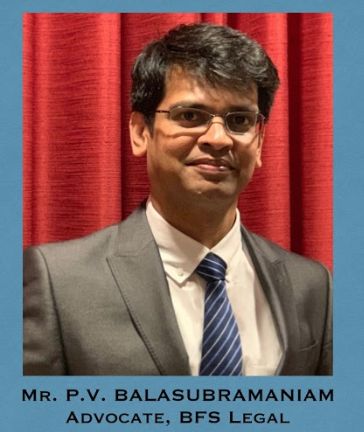Mr. Girissh Sundaram the resource person of the webinar, provided an insight on what Artificial Intelligence (AI) is and explained about how far it is feasible to introduce AI in the field of law and the advantages of having such AI over human Intelligence. He had also provided several examples prevailing elsewhere in the world with regard to AI. The resource person also had raised several concerns about the capital expenditure for the purpose of introducing such software in the developing economy like India. He also gave insight on the input data and the output result when AI technology is to be incorporated in the legal field. He also addressed the concern of risk management regarding the data theft and other correlated cyber crimes. The resource person has concluded by raising the issue of reliability of the input data which is to be fed in and the risks that would be faced by the legal practitioners.
Read More















